Two women, two departments, one territory: Provence
Our neo-Provençals come to a rich region and contribute to its development. Dominique Santoni, President of the Vaucluse department, and Martine Vassal, President of the Bouches-du-Rhône department, told us about it.
by Benjamin Perles

Between economic development and cultural enrichment, what matters most in the contribution of neo-Provençals to your department?
Dominique Santoni: Both matter, obviously. Vaucluse benefits from a very rich and diversified economic fabric, encompassing various sectors such as industry, agriculture, agri-food, culture, and audiovisual.
Martine Vassal: Bouches-du-Rhône has always been a strong commercial hub with a strategic position in Europe and openness to the Mediterranean. Newcomers who settle here do so in an economic context that offers them opportunities. Every year, our economic development agency Provence Promotion helps 70 to 80 companies move in.
So it’s both: but above all, these newcomers settle by choice. They are attracted by our identity, culture, and way of life. Many become more Provençal than the Provençals themselves (laughter). Our identity is not diluted by the newcomers; it is strengthened.
Can you provide some examples that illustrate the opportunities brought by these neo-Provençals, whether entrepreneurs, investors, innovators, or artists?
M.V.: Bouches-du-Rhône is the birthplace of success stories like Thomas Kerjean, CEO of Mailinblack, who has grown his cybersecurity company in Marseille from startup to scale-up. In the cultural realm, Mara and Paddy McKillen have transformed a vineyard into a world-renowned contemporary art center. And who would have imagined seeing Indian engineers playing cricket on the streets of Marseille? They are from the IT giant Infosys.
D.S.: Vaucluse not only attracts these newcomers, it integrates them. They bring dynamism to the region. Like Alex Berger, producer of the series Le Bureau des Légendes, and others who are helping us develop an ecosystem around cinema and audiovisuals. Creating conditions to welcome film shoots generates significant economic benefits for Vaucluse. Besides newcomers, there are those who return because the region is ripe for business and credible in the natural products sector. .Fanny Rolet, founder of biocontrol company Antofénol, is an example.
How does your community encourage and support this dynamic of new arrivals?
D.S.: I have made attracting people to Vaucluse the main theme of my mandate. The goal is to create wealth, growth, and employment in Vaucluse, attracting entrepreneurs and investors who want to establish their activities here. We are creating infrastructure to develop every part of the department, like the département healthcare network where eight salaried doctors already practice. With our agency Vaucluse Provence Attractiveness, our strategy is bearing fruit. Over the past three years, sixty companies have settled in Vaucluse, creating over 1250 additional jobs.
M.V.: We have One Provence, a new territorial marketing program whose mission is to attract, reveal, and anchor existing talents. Also, the Aix-Marseille-Provence conurbation council, which I have the honor to chair, has tasked its economic development agency Provence Promotion with creating an online reception portal (living-working-provence.com) to address questions about housing, schooling, and job opportunities for spouses. Lastly, the future ‘Jacques-Chirac’ International School Complex will gradually welcome 2,000 students, starting 2025, in partnership with the Sud Region and the City of Marseille. Students will be taught in five languages,
Is your department ready to welcome many more neo-Provençals?
D.S.: Of course. As I often say, Vaucluse is the land of possibilities in the South. For example, here one can settle in a magnificent living environment, far from major cities, while benefiting from high-speed internet: the department achieved 100% coverage of rural areas three years ago. Our message is “come, everything is possible”. Plus, you get sunshine all year round!
M.V.: We’ve seen that after COVID, the professional social network LinkedIn stagnate in Paris while Marseille was way ahead of the field for the number of new members. Around the Gulf of Fos, some 10 billion euros will be invested in gigafactories and jobs that will keep Provencals in their region and attract newcomers. We are attentive to this. Together with the municipalities, the State, and the Region we are planning the construction of housing, schools, and transport facilities.
For those looking to change their lives, especially Parisians, why choose your department over another region, in a few words?
M.V.: What stands out is the ease of integration into a multicultural metropolis. Of course, climate and quality of life are crucial – sun, sea, and proximity to nature are essential criteria for the ideal living environment, offering a better balance between professional and personal life. Whether in bustling Marseille, a capital of the Mediterranean, or in Aix-en-Provence, a city of art and culture, or even in rural areas, there are excellent career opportunities in thriving sectors or innovative companies.
D.S.: Sunshine, quality of life, heritage, culture, and beautiful landscapes, plus a high-speed rail station that puts us at 2hr 40min from Paris. Vaucluse is also a land of cultural events - notably the Avignon Festival and the Chorégies d’Orange. And (to me, a very important aspect of the Vaucluse identity) we are the leading agricultural department in the Sud Region in terms of employment and production. Our products, fruits, vegetables, and wines are known worldwide.
And to avoid being too biased, what compliment would you give to your neighboring department?
D.S.: Well, it’s very close to Vaucluse (laughter). No, seriously, Bouches-du-Rhône has something we don’t: the sea. And that, I admit, is a blessing.
M.V.: I am naturally very attached to Bouches-du-Rhône, but Vaucluse is also Provence. It is a land of culture in the broadest sense, shaped by exceptional natural and architectural heritage. Avignon with its world-renowned festival, the Luberon with its popular villages, Isle-sur-la-Sorgue with its market, the slopes of Mont Ventoux or the vineyards of Châteauneuf-du-Pape... all evoke the most authentic Provence.





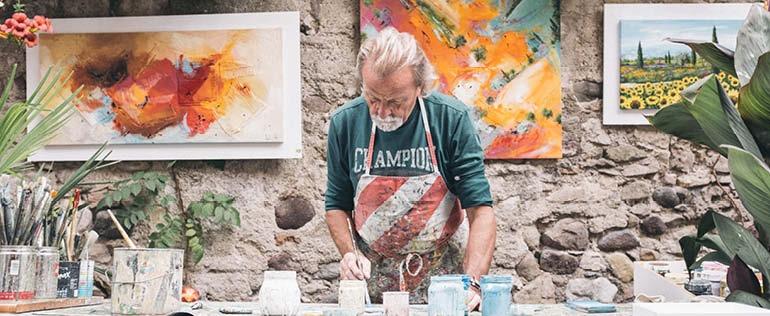
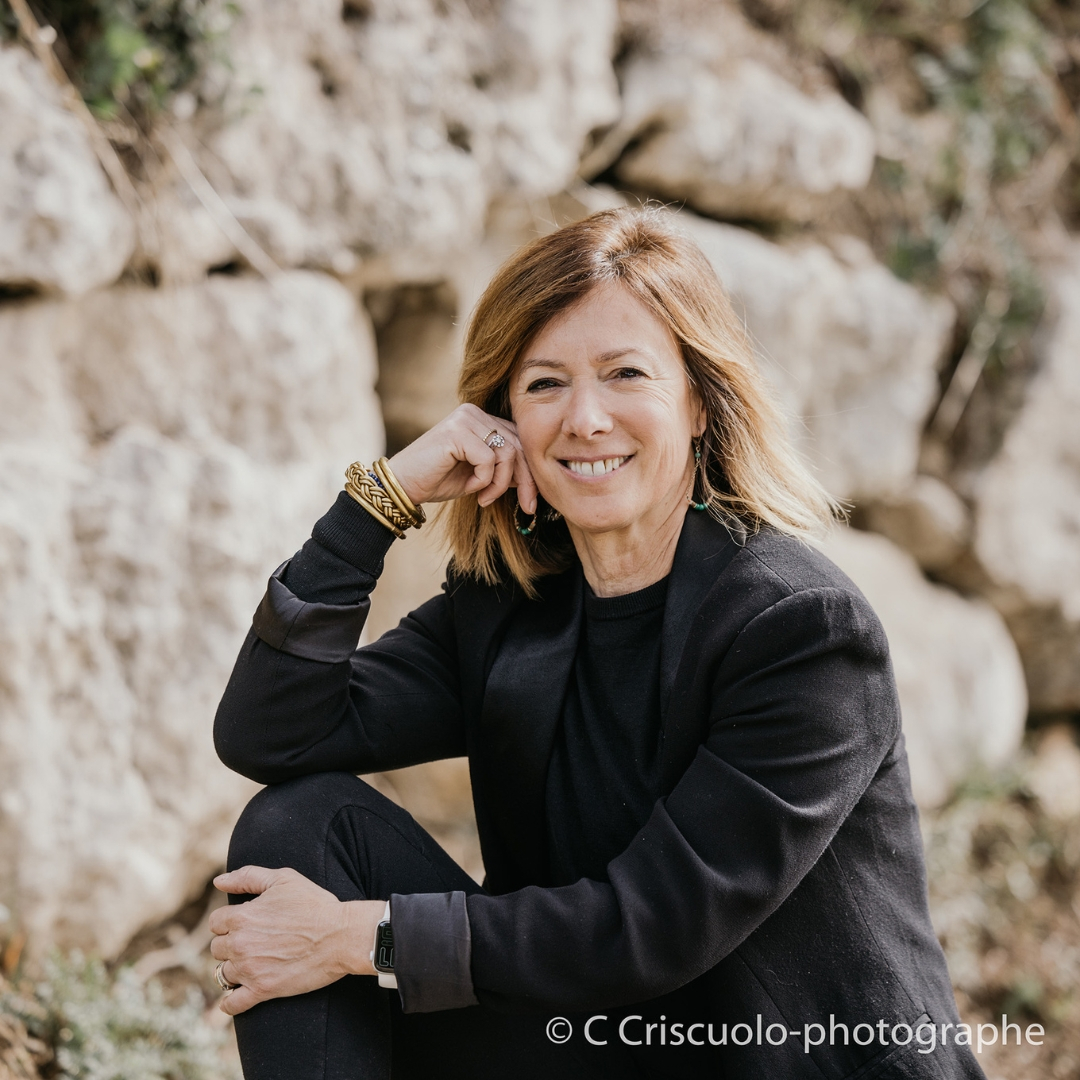

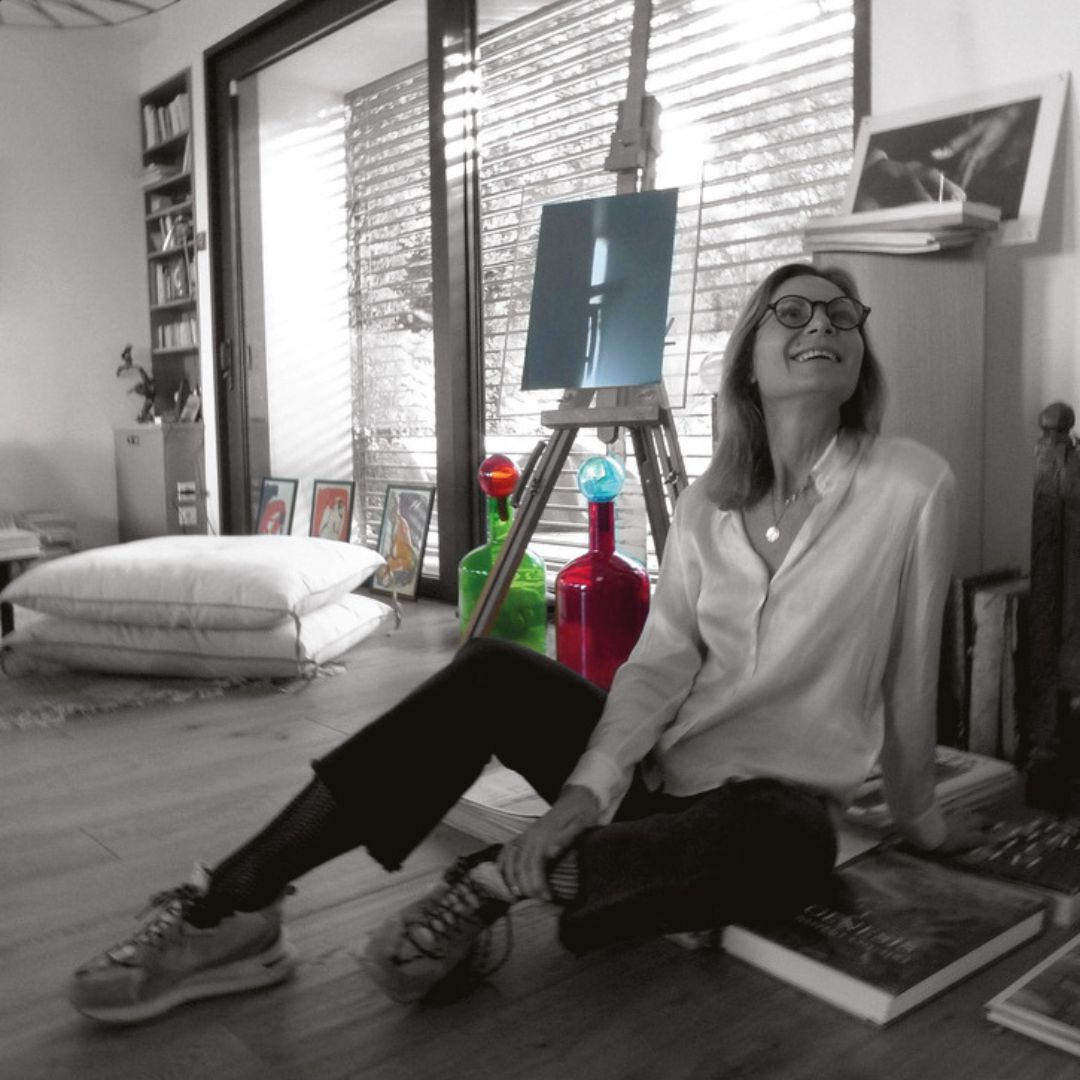
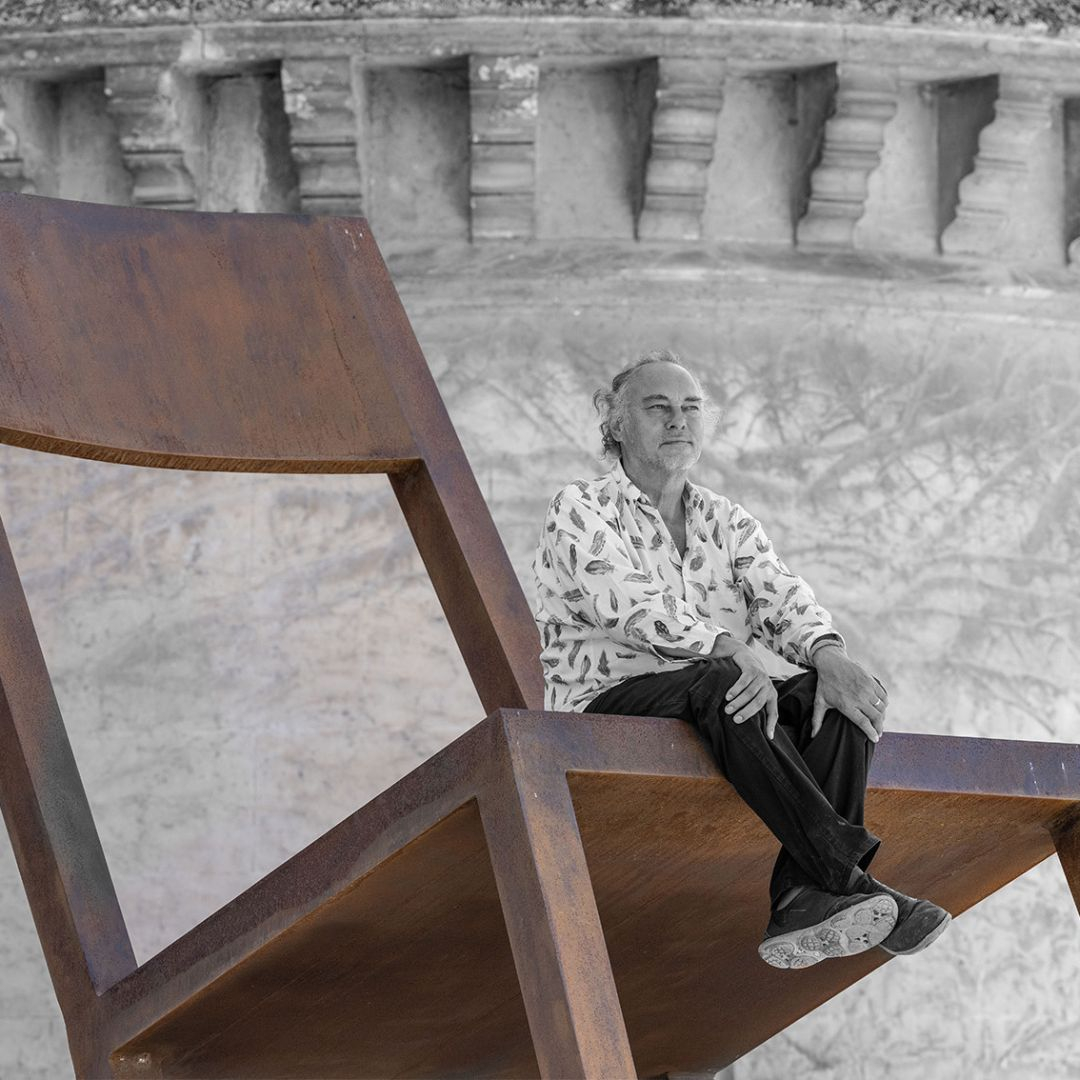

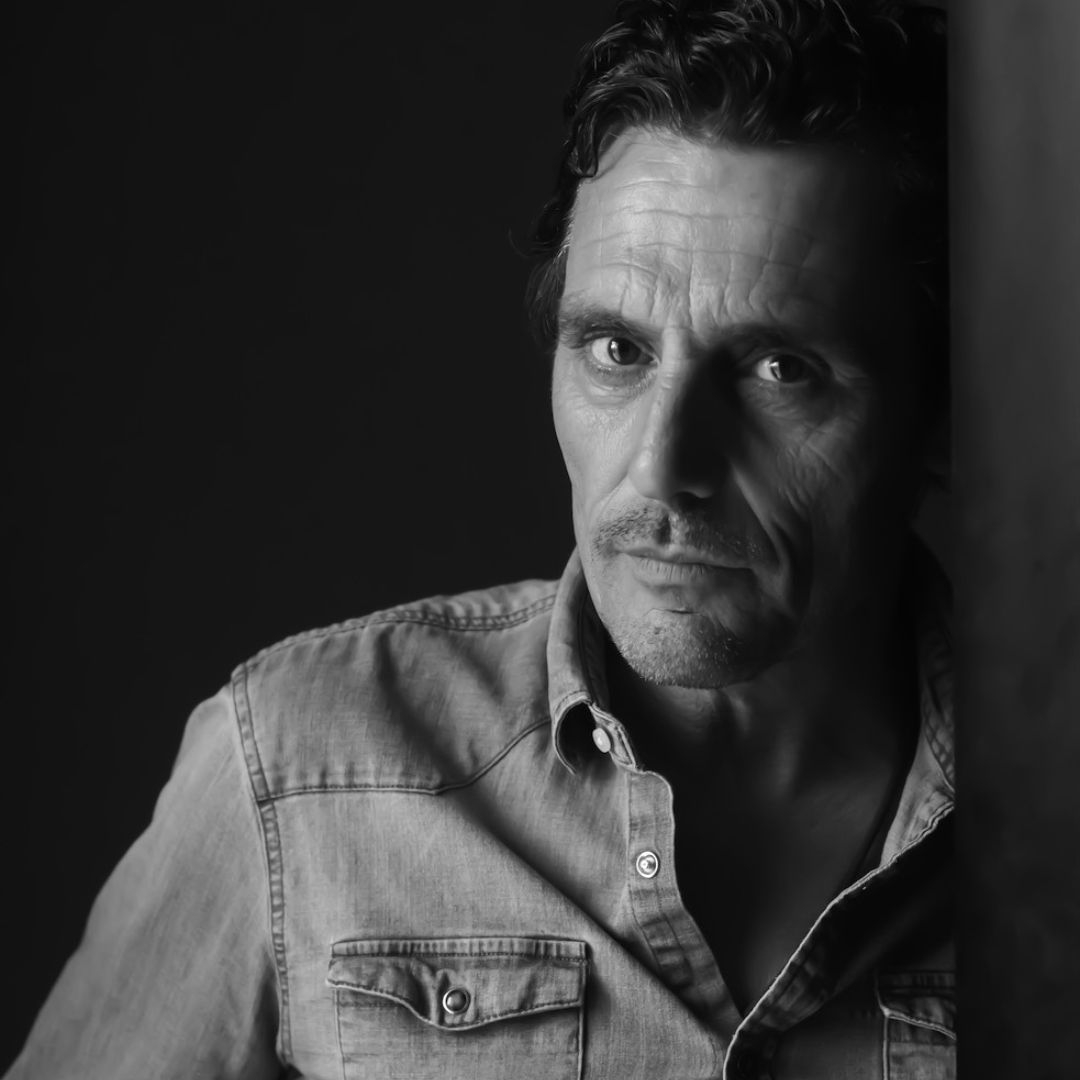

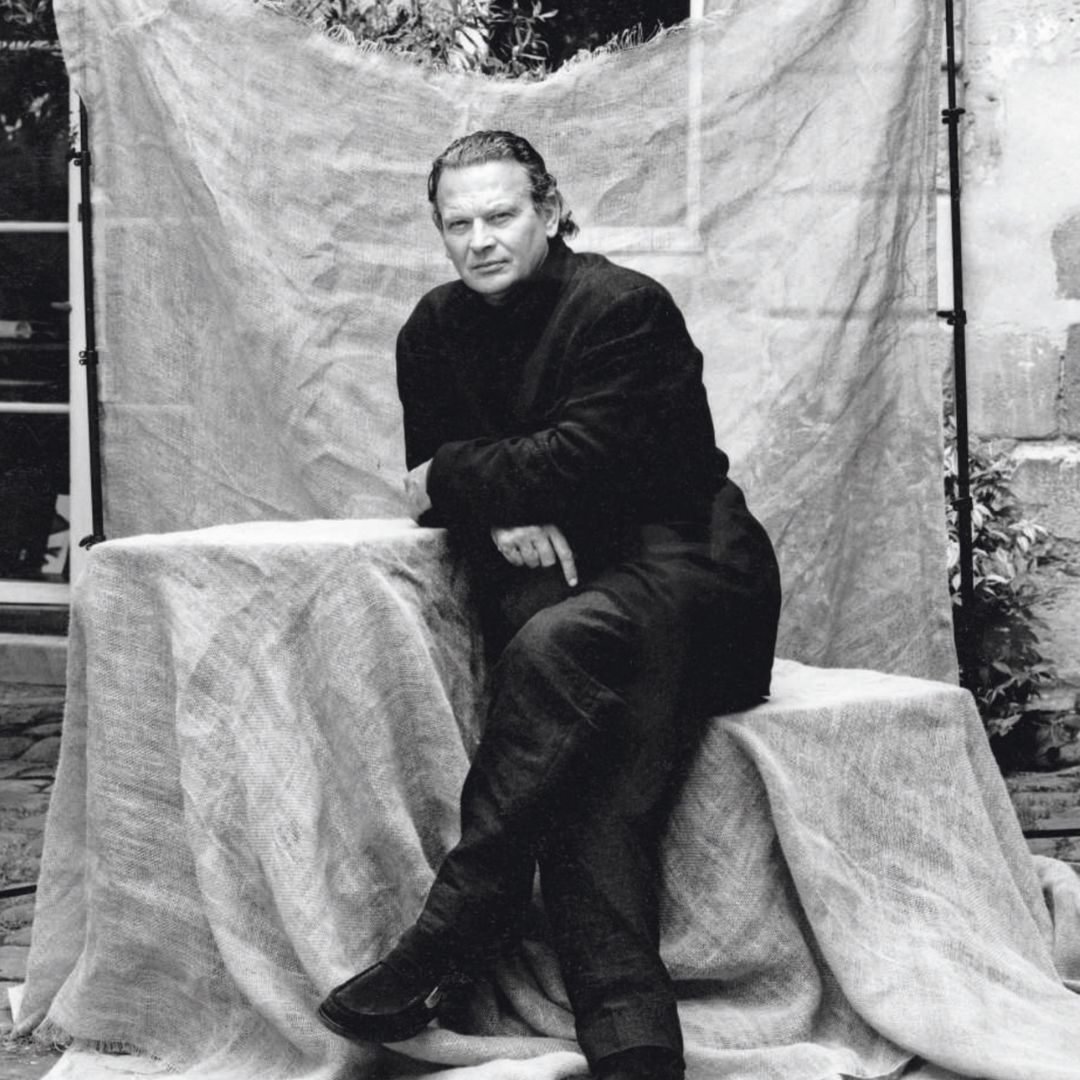

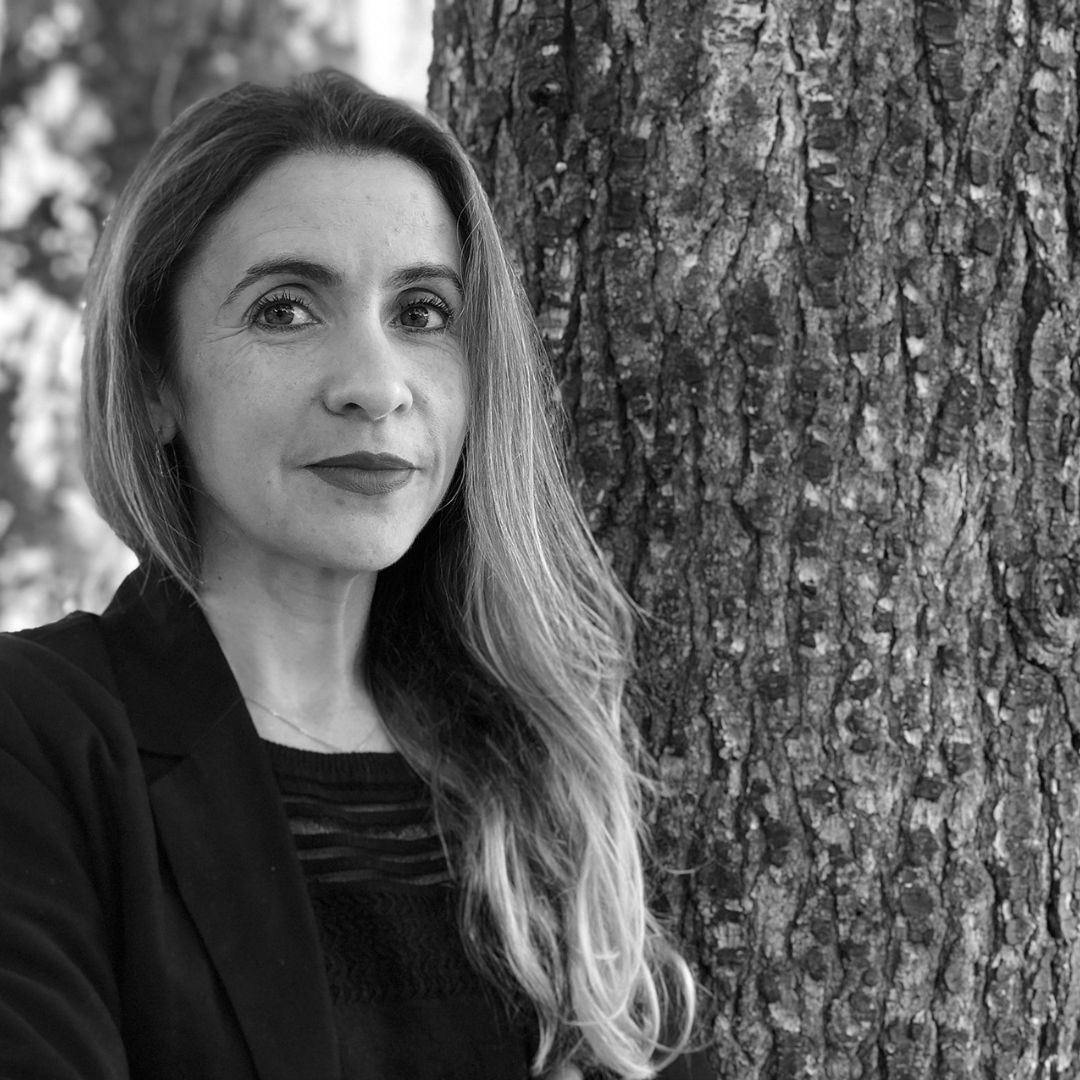


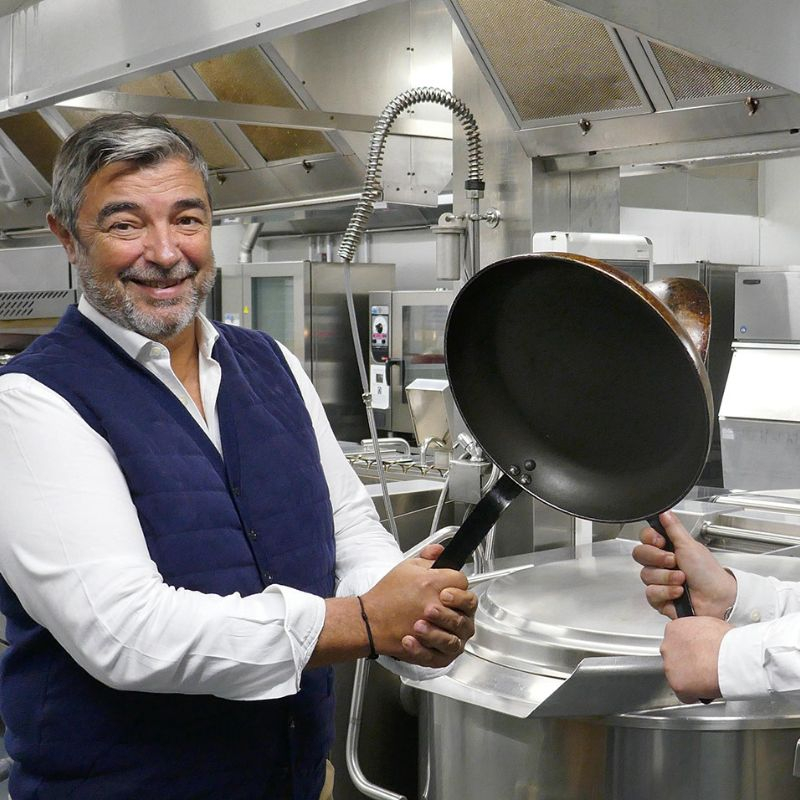
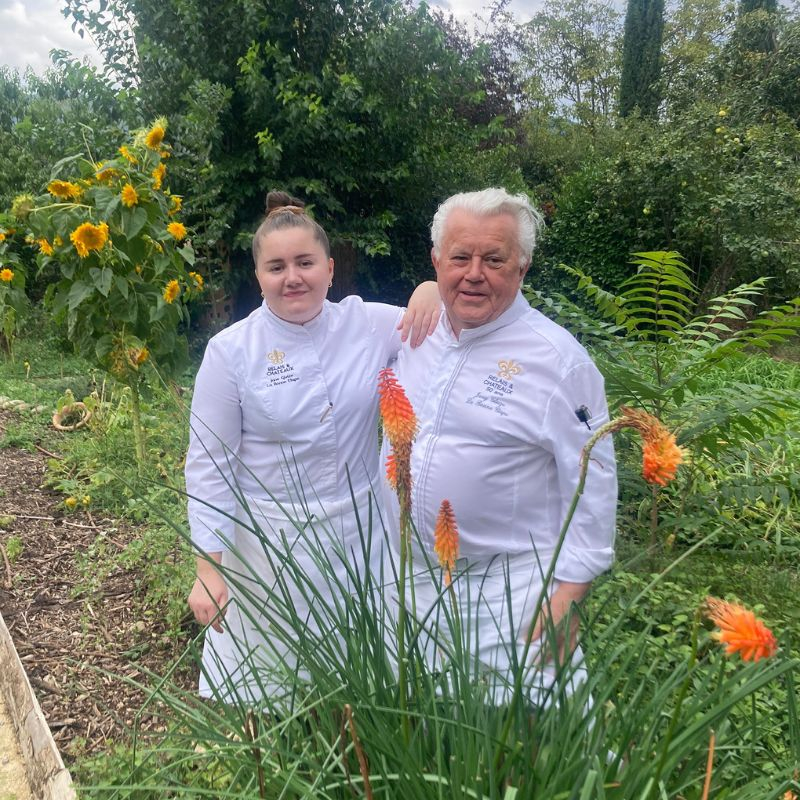

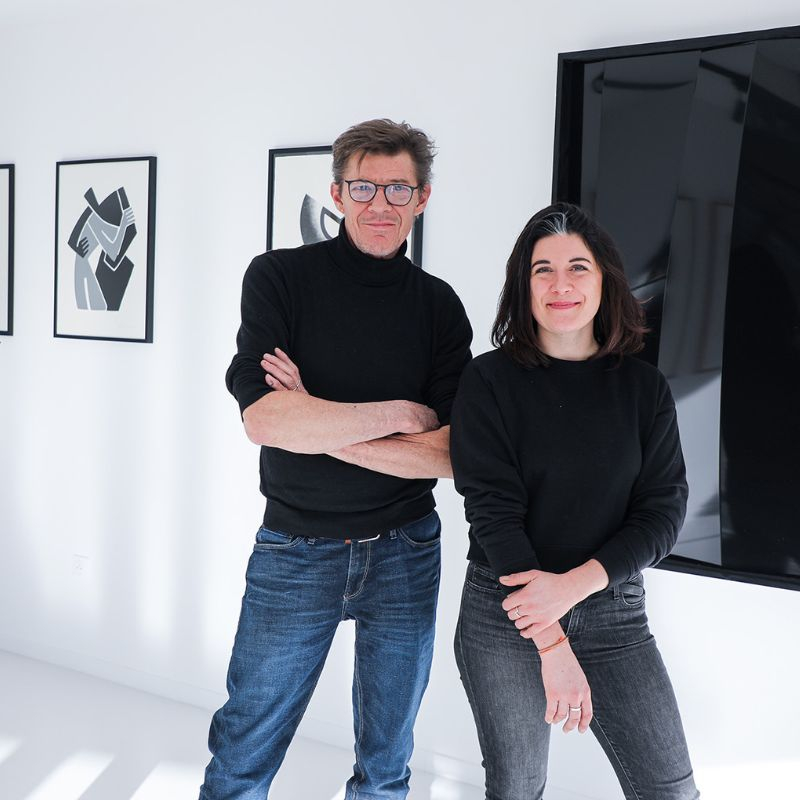
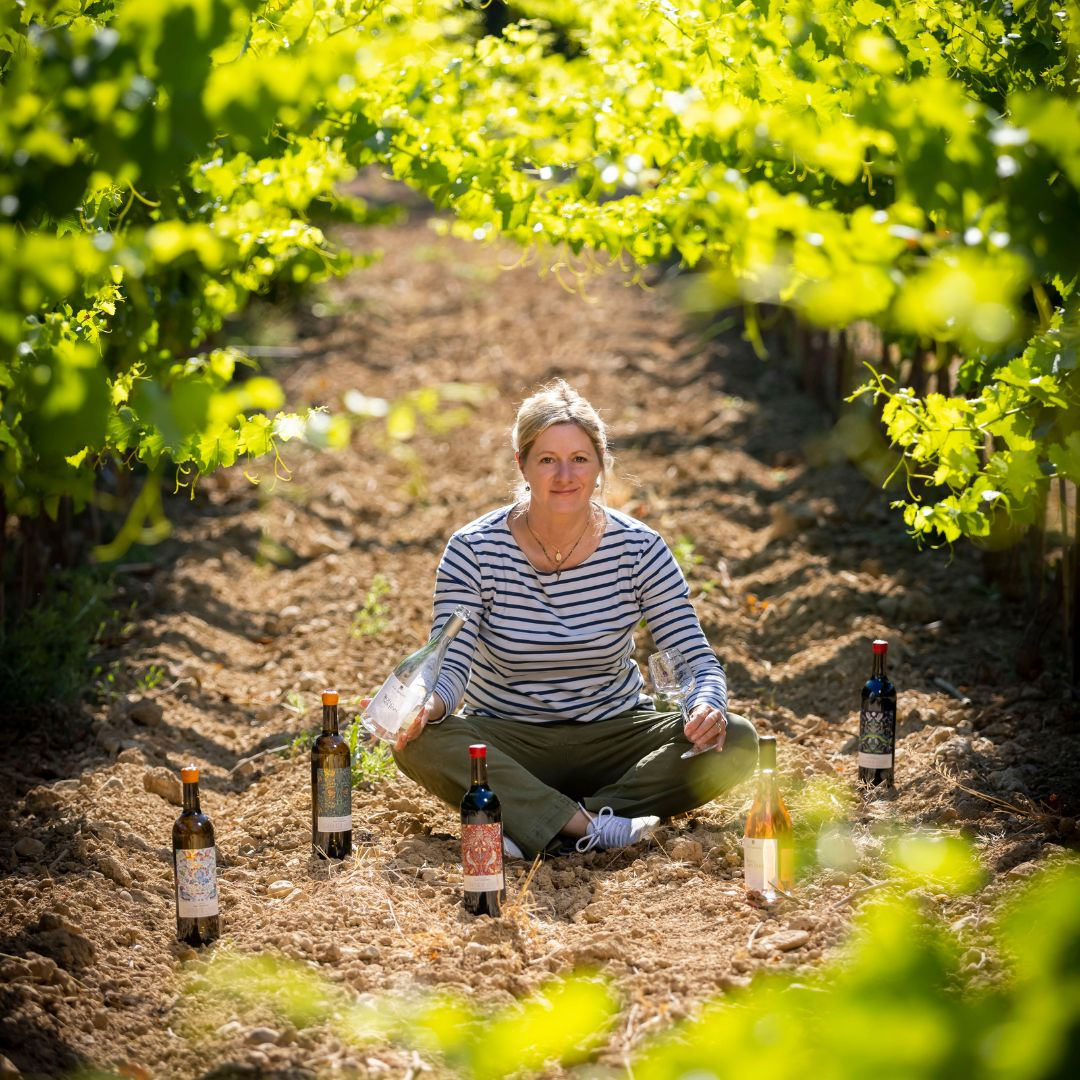


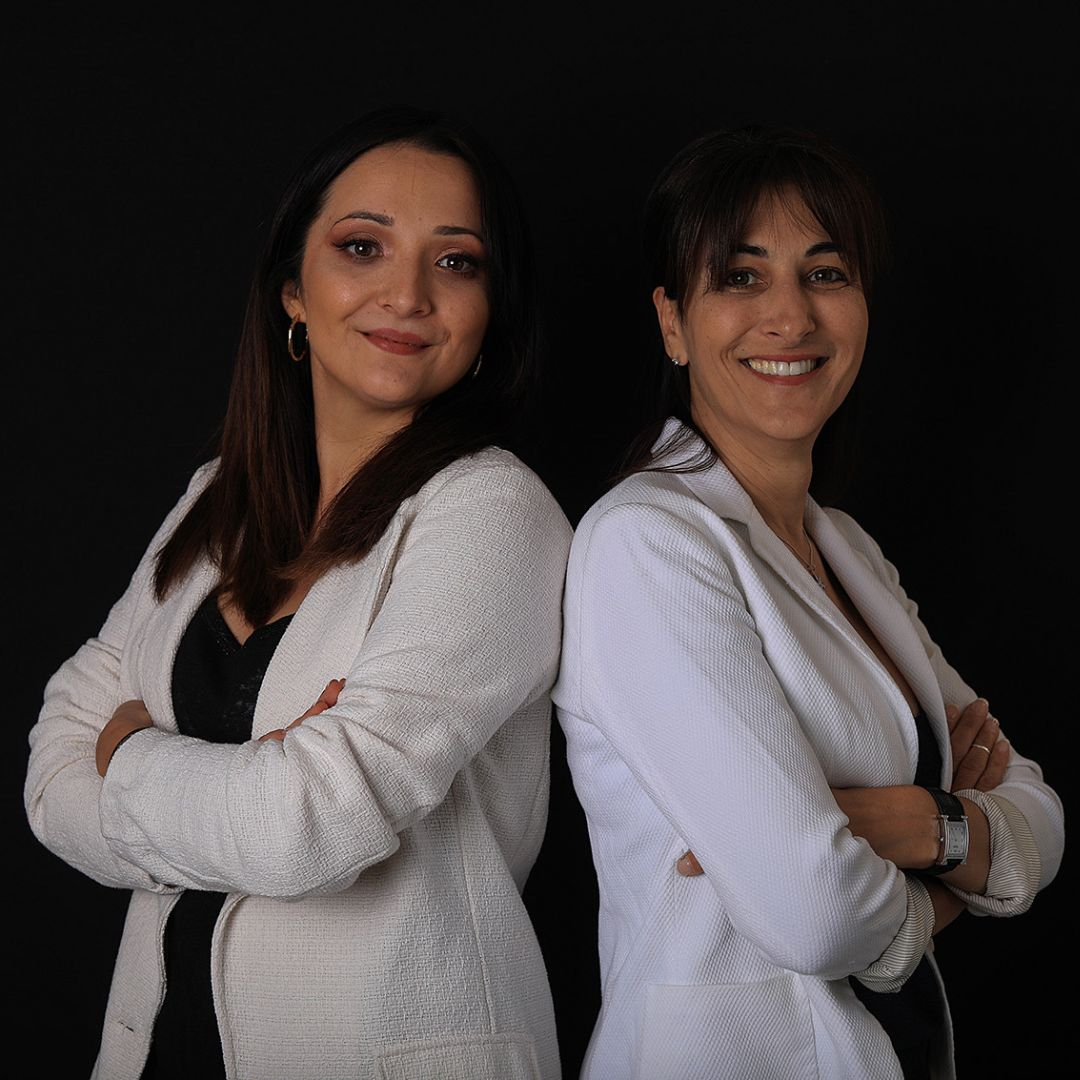
 Côteweb 2021, création de site Internet sur Nice
Côteweb 2021, création de site Internet sur Nice